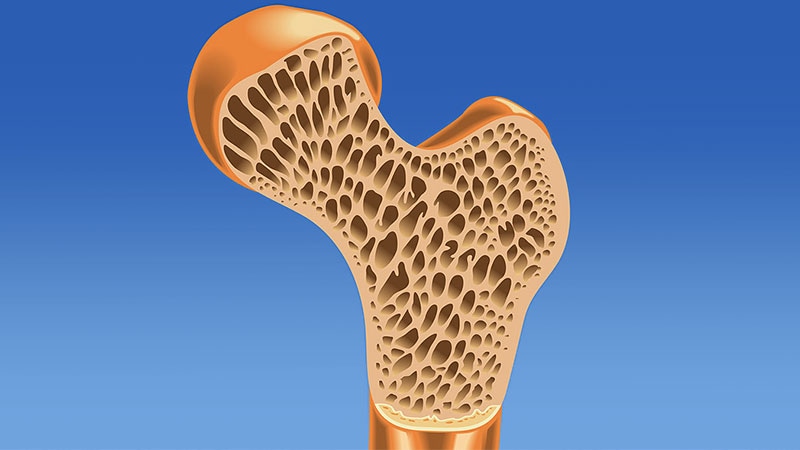Low Bone Mineral Density at Femoral Neck Increases Dementia Risk
The content discusses the correlation between low bone mineral density (BMD) at the femoral neck and the increased risk of dementia in older adults. It highlights the findings from the Rotterdam Study, emphasizing the need for further research to understand the relationship between bone density and memory loss. The study suggests that bone loss could potentially serve as an early indicator of dementia risk, prompting targeted screening and improved care for individuals with poor bone health. The content also explores the association between low BMD and dementia, shedding light on the potential role of bone health as a prodromal feature of dementia. Additionally, it touches upon the brain-bone axis and the impact of bone health on brain functions like memory and cognition.
Key Highlights:
- Low BMD at the femoral neck is a robust risk factor for dementia in older adults.
- Further studies are needed to explore the connection between bone density and memory loss.
- Bone loss may precede clinical symptoms of dementia, indicating a potential risk marker.
- The study suggests that poor bone health could be a prodromal feature of dementia.
- The brain-bone axis may play a role in regulating brain functions through bone-generated hormones.
تخصيص الملخص
إعادة الكتابة بالذكاء الاصطناعي
إنشاء الاستشهادات
ترجمة المصدر
إلى لغة أخرى
إنشاء خريطة ذهنية
من محتوى المصدر
زيارة المصدر
www.medscape.com
Poor Bone Health a 'Robust' Dementia Risk Factor
الرؤى الأساسية المستخلصة من
by Megan Brooks في www.medscape.com 03-23-2023
https://www.medscape.com/viewarticle/990048
استفسارات أعمق
